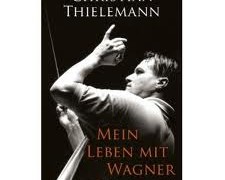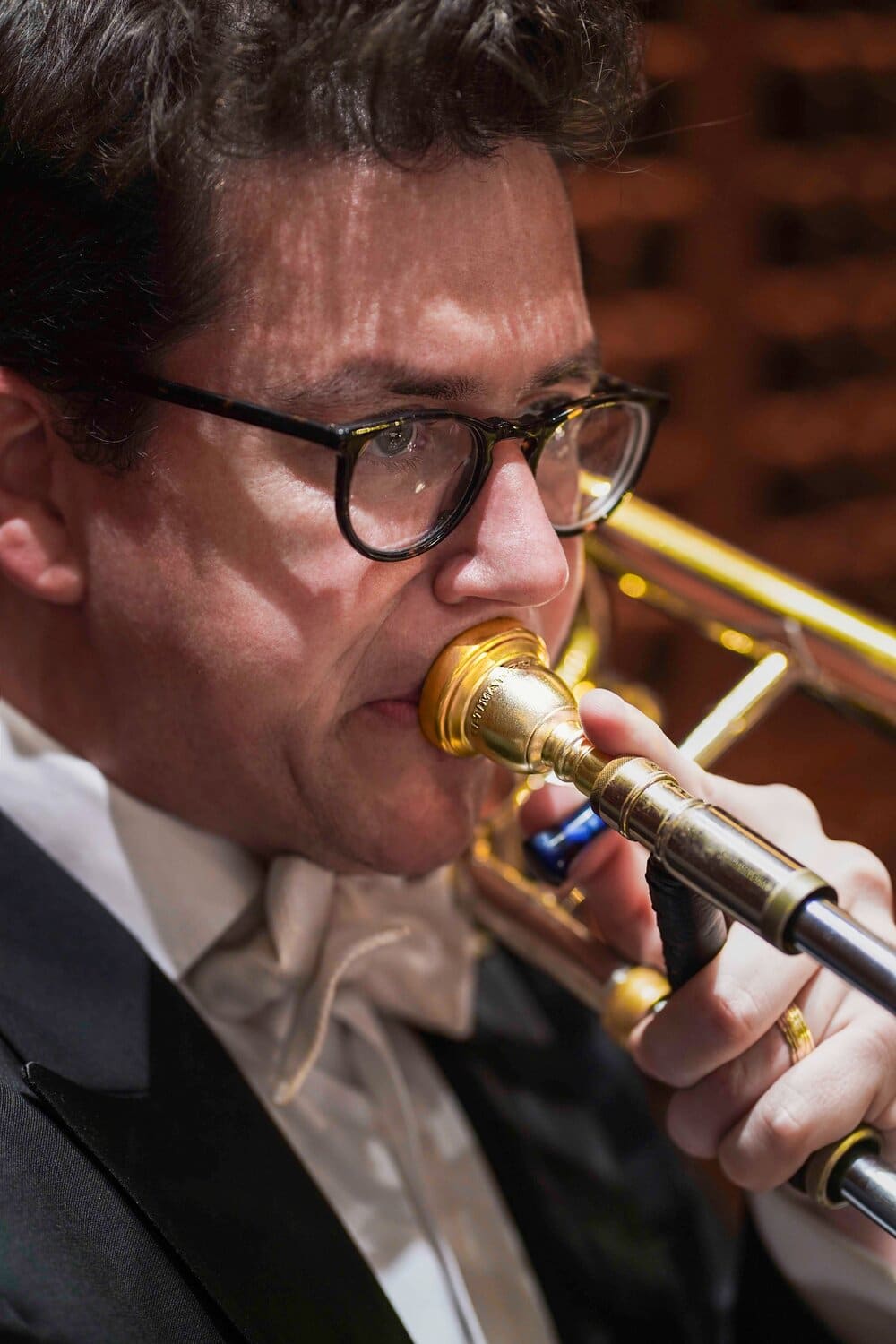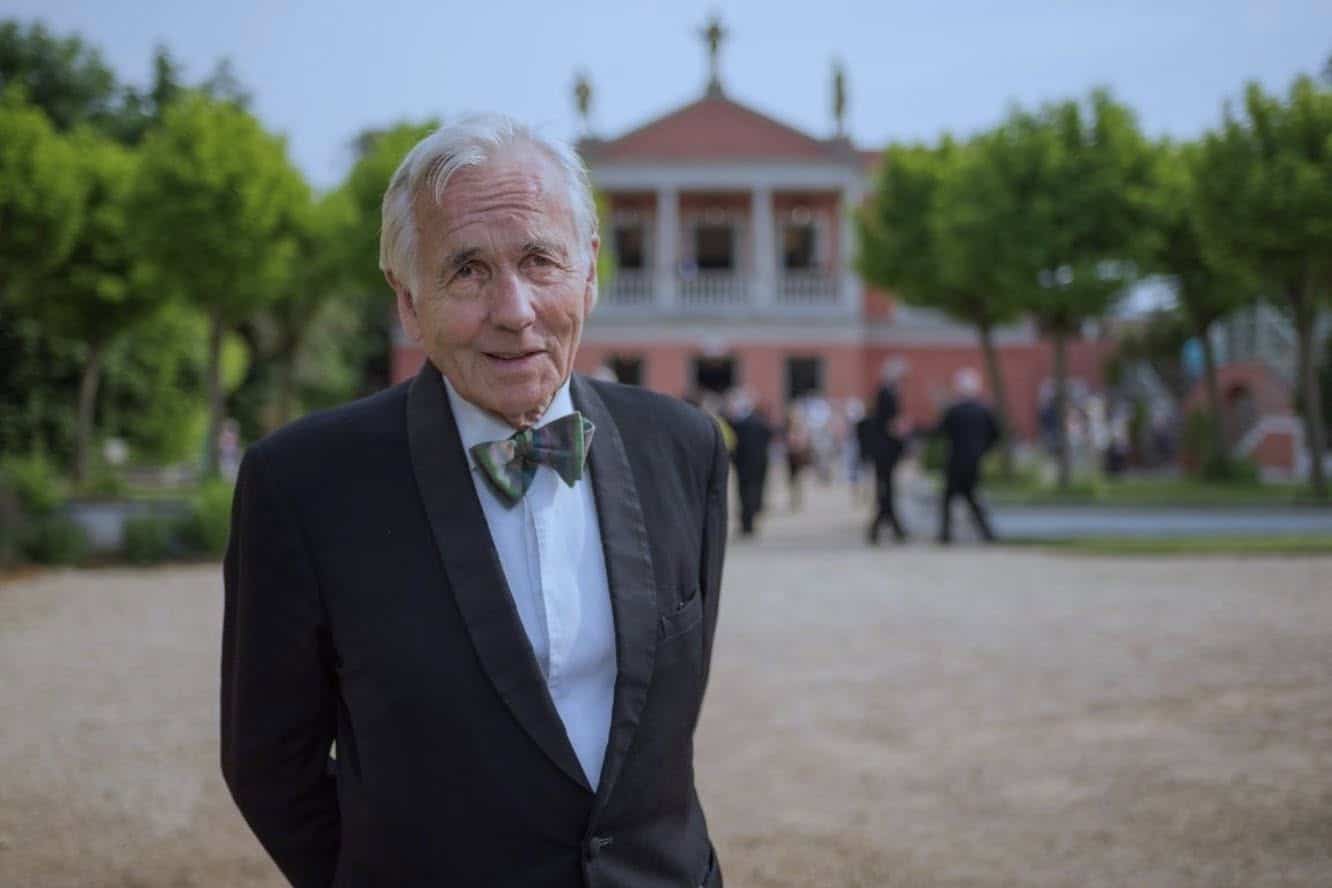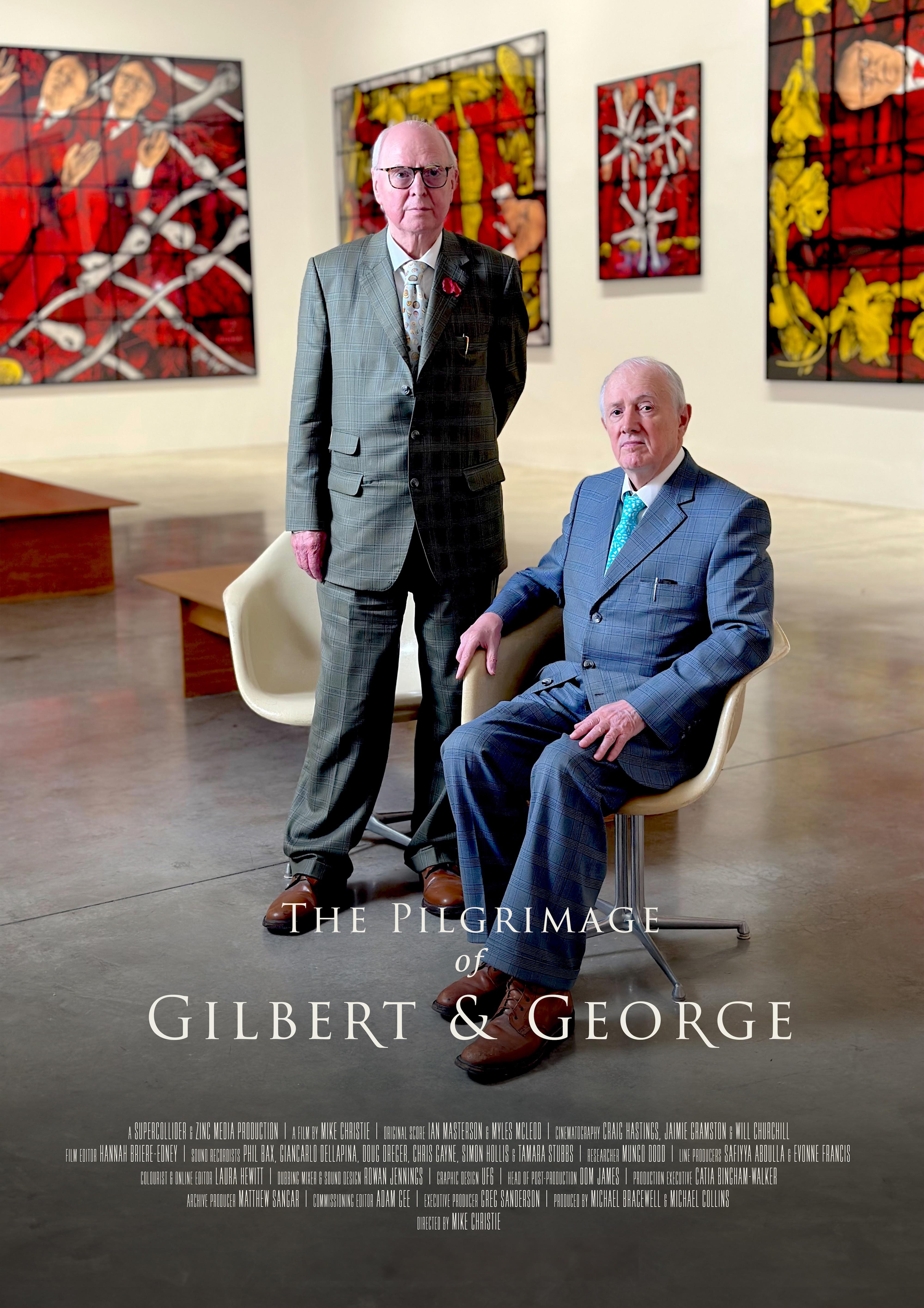Christian Thielemann writes a book about Strauss
OperaThe German conductor, author of My Life with Wagner, has written another about Richard Strauss. It’s out in German next month and he has been talking about it at Salzburg, where he’s conducting Capriccio.
Of the composer’s last opera, premiered in Munich in October 1942, Thielemann says: ‘Fundamentally, the work is the greatest criticism of the regime imaginable. By setting something totally different against the circumstances and thereby ignoring them, he makes a statement. His silence says everything, basically.’






Comments